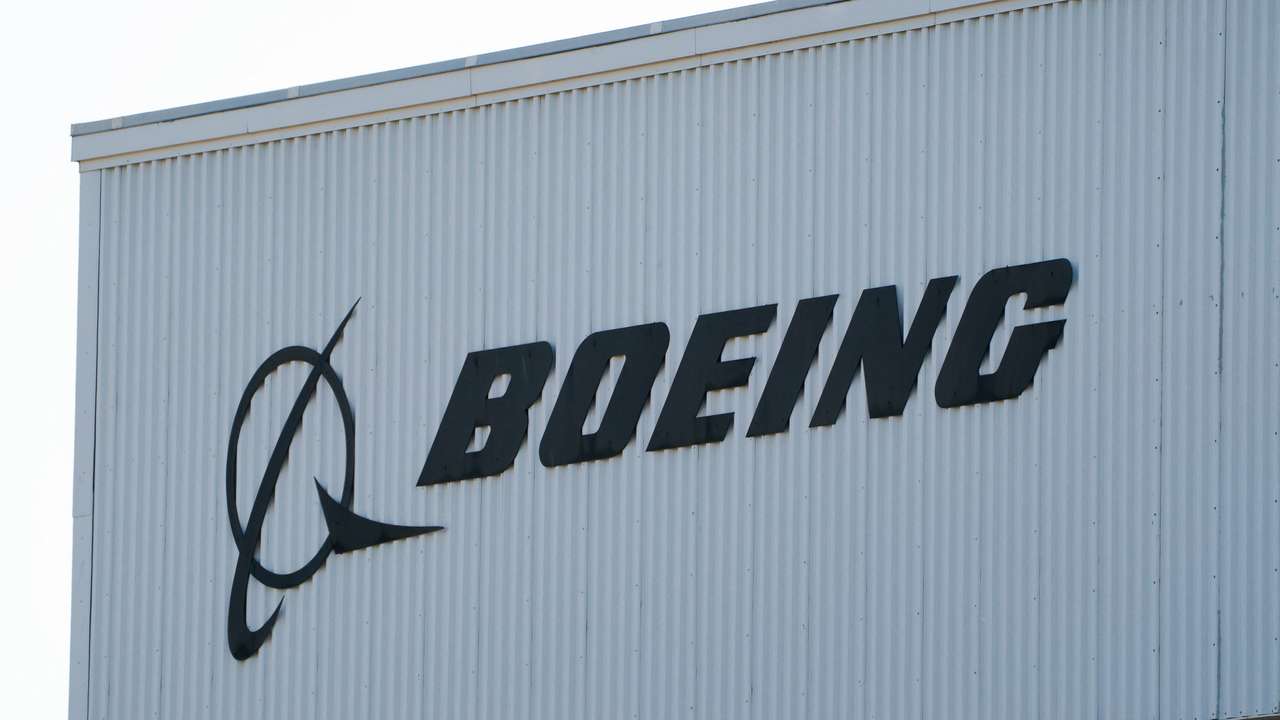China returns Boeing aircraft over trade tariffs amid escalating tensions

China has begun returning Boeing aircraft that were previously ordered from the United States, marking a substantial retaliation against tariffs imposed by the Trump administration. Boeing's chief executive, Kelly Ortberg, revealed that two planes have already been sent back, with additional aircraft to follow amidst escalating trade tensions between the two nations. He indicated that a total of 50 aircraft, which were scheduled for delivery to China this year, would likely not be accepted by the Chinese buyers due to the current tariff environment.
The 145% tariffs implemented by the United States on imports from China prompted a reciprocal 125% tax from China on American products. Despite these tensions, President Trump expressed optimism about enhancing trade relations with China, asserting that the tariffs would significantly decrease, although not entirely disappear. Ortberg stated that the halting of aircraft deliveries by China was a direct consequence of the prevailing tariff situation.
Boeing, recognized as America's largest exporter, relies on approximately 70% of its commercial aircraft sales from international markets. In response to the ongoing issues, Ortberg mentioned that the company is evaluating strategies to re-market 41 already produced planes to alternative customers, given the robust demand from other airlines. Additionally, there are nine planes not yet integrated into Boeing's production schedule, which he aims to redirect if necessary.
Boeing maintains close communication with the Trump administration regarding the trade conflict with China, emphasizing daily engagement with key government officials. Ortberg expressed hope for fruitful negotiations to resolve these trade disputes. Moreover, Treasury Secretary Scott Bessent opined that there is a chance for a significant trade agreement between the United States and China, contingent on China's willingness to reduce its dependence on manufacturing exports.
Additionally, Ortberg highlighted that other manufacturers in Boeing's supply chain are also affected by tariffs, particularly suppliers located in Japan and Italy, where universal tariffs of 10% are now in place. CFO Brian West underscored the importance of free trade policies for Boeing, expressing a commitment to collaborate with suppliers to ensure operational continuity. The company has reported improved financial performance in the first quarter of this year, attributed to higher production and delivery rates, with plans to ramp up production of its 737 MAX jets to 38 units per month by 2025.